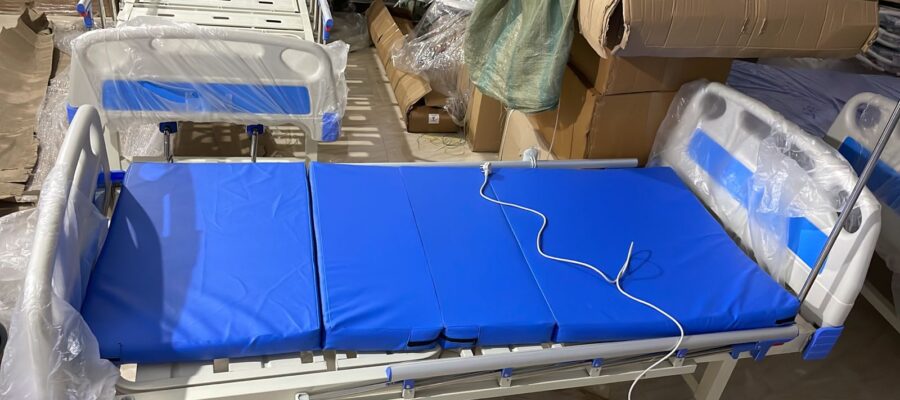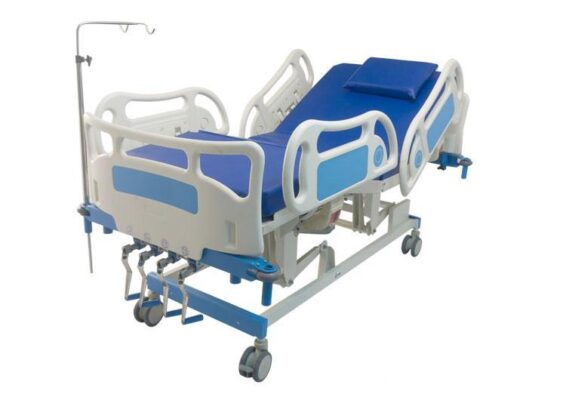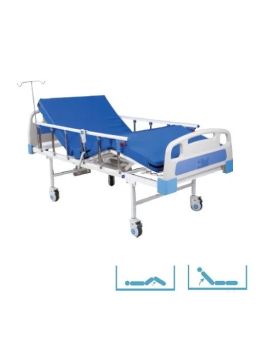A continuum care facility is a type of long-term care facility that provides care for those who have chronic conditions or disabilities. This type of care offers an integrated environment that allows patients to live in their own homes while receiving 24-hour help and support. This support can include help with activities of daily living, personal care, and medication management.
Thank you for reading this post, don't forget to subscribe!The concept of continuum care has been pioneered by Sukino Healthcare in India in order to revolutionize post-hospital discharge care for patients who cannot return home right away. Patients with these conditions require a higher level of care and rehabilitation that can be provided at home. Our services include rehabilitation services for cardiac, neurology, respiratory, nephrology, orthopaedic, oncology and palliative care, end-of-life care, and an ICU at home.
Whether you are seeking help to manage your ageing parent or looking for a nursing home for your loved one suffering from cardiovascular disease, knee replacement, or hip replacement, we provide services for https://www.emergencycaresolution.com/.
1. Why is Continuum care important?
Continuum care is important because it helps to prevent the development of long-term conditions and injuries. By providing regular physical and occupational therapy, individuals can regain their mobility, strength, and balance. This can help them live a more independent and active lifestyle and avoid costly medical expenses down the road. Continuum care facilities are often found in large metropolitan areas, and Bangalore is home to India’s https://www.emergencycaresolution.com/
2. What services does a continuum care facility provide?
Continuum care facilities provide a variety of services to their patients. Our services include:
- Cardiac Rehabilitation
- Neurology Rehabilitation
- Respiratory Rehabilitation
- Nephrology Rehabilitation
- Orthopaedic Rehabilitation
- Oncology Rehabilitation
- Palliative Care
- Post-Covid Respiratory Rehab
- Stroke Rehabilitation
- Physiotherapy Rehabilitation
- End Of Life Care
To know more about each of these services,https://www.emergencycaresolution.com/
3. Who can benefit from continuum care?
Continuum care is not just for the elderly or those who are chronically ill. It can also be extremely beneficial for young children, new mothers, and their infants, as well as people who are recuperating from surgery or an illness. The primary aim of a continuum care facility is to provide a single point of access to all the medical, social, and support services required by the patient. This can be extremely helpful for patients and their families, as they can easily access all the resources under one roof.
4. What are the advantages of continuum care?
The advantages of continuum care are many. Foremost, patients receive personalized care designed to meet their specific needs. Unlike at a traditional hospital, patients at a continuum care facility are under the constant care of a skilled team of professionals who can monitor their health and progress closely. This allows for faster diagnosis and treatment of any problems that may arise. Continuum care facilities also offer a much more comfortable and home-like environment than a hospital, which is important for patients who are recovering from an illness or injury. Finally, continuum care facilities are much more cost-effective than traditional hospitals, making them a more affordable option for patients and their families.

5. How to find the best continuum care facility?
Continuum care facilities are not all created equal—choosing the wrong one could mean a world of trouble for you or your loved one. That’s why it’s so important to do your research before deciding. Here are a few tips to help you find the best continuum care facility for your needs:
- Look for a facility that offers a wide range of services. This way, you’ll be able to get everything you need in one place.
- Make sure the facility is licensed. This shows that they meet certain quality standards and are trustworthy.
- Read reviews from past patients and families. This will give you a good idea of what to expect from the facility and whether it’s a good fit for you.
- Talk to the staff. They should be friendly, knowledgeable, and willing to answer questions you have.
Sukino’s continuum care is a model of care that provides a spectrum of services and support to meet the needs of adults with chronic illnesses. Continuum care facilities provide multidisciplinary out-of-hospital care to patients with acute and post-acute care needs, as well as chronically ill patients. The continuum of care ranges from outpatient services to 24/7 in-home care. Continuum care is a growing trend in the healthcare industry, as it offers many benefits to both patients and caregivers. If you are looking for https://www.emergencycaresolution.com/ for a loved one, reach out to us today.
FAQs
How reliable are continuum care facilities?
Continuum care facilities also emphasize communication and collaboration between caregivers and seniors. This allows for a better understanding of the needs of the seniors and ensures that all they direct the care toward meeting those needs. Continuum care facilities are self-sufficient, which eliminates the need for long-term institutionalization.
Is a continuum care facility similar to a daycare center?
At first glance, the two may seem similar, but there are some key distinctions that should be made. A continuum care facility provides care for individuals with chronic conditions, while a daycare center typically provides care for infants and toddlers. Continuum care facilities typically offer more individualized care, such as occupational therapy, physical therapy, and speech therapy that considers the needs of each individual, while daycare centers typically operate on a group care model.
How is your staff trained at your continuum care facility?
Our training program is constantly evolving to reflect the latest advances in patient care, and all staff members are expected to update their knowledge and skills regularly. As a part of their training program, members of the organization are trained on topics such as infection control, ageing, dementia, and cognitive impairment. We also train them in the prevention of falls, emergency situations, basic nutrition and hygiene, and life safety is compulsory. In addition, our staff members are required to complete annual reviews to ensure that they are up-to-date on the latest changes in the field.



